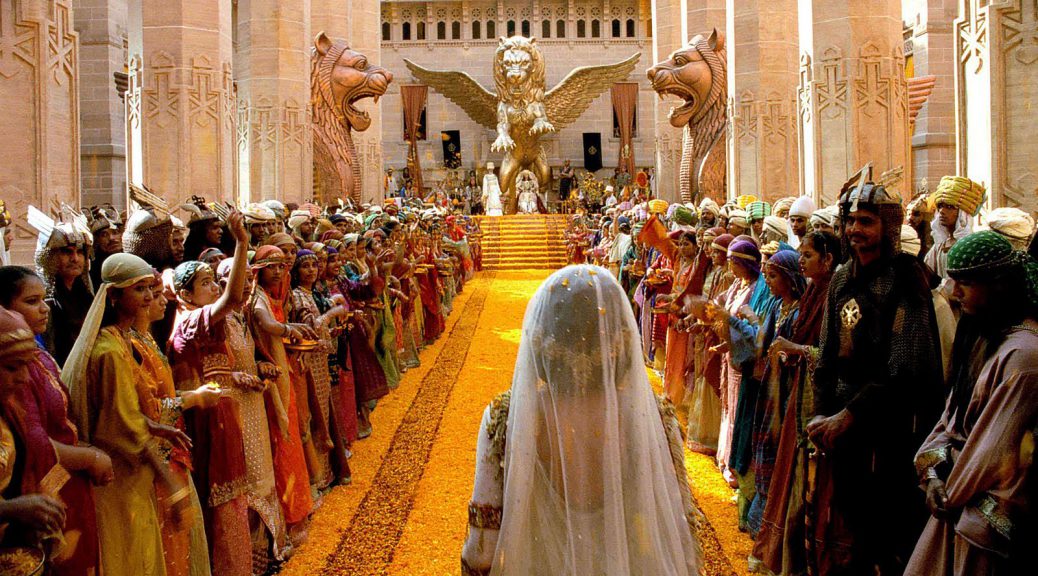I wrote this article a number of years ago for a Parenting Magazine. The concepts that had been birthed in me eventually turned into a book that I co-wrote with Nikki Bush, “Future-Proof Your Child” (Penguin, 2009 – see here for purchasing options).
It was the early morning of Thursday, 10 August 2006. We had just landed after a long haul flight, the overnight non-stop from Johannesburg to Heathrow airport in London. Even though we hadn’t slept very well, we were all excited – after all, it was the start of our two week family holiday in England. Imagine our dismay as we were told on landing that we had to wait on the runway as there was some kind of security alert. Having already spent a night trying to stop our three daughters, Amy (7), Hannah (5) and Rebecca (16 months) from dismantling the plane, each other and the other passengers, this seemed like an announcement from hell.
We soon discovered that it was the morning that British police had taken some terrorist suspects into custody. They were part of a plot to blow up airplanes leaving from UK airports. Heathrow had been shut down.
The inconvenience and extra security was a pain, but understandable, of course. You’d rather be delayed and safe, than have terrorists be able to do what they want to. But what really alarmed me that day was trying to explain to my daughters why bad men would want to blow up planes. “Daddy, why don’t the bad men just speak to someone about what made them so angry? Daddy, did they want to kill us?”
It’s a Mad, Mad World
Living in South Africa, and more particularly in Johannesburg, we should have been prepared for questions like this at some stage. My oldest daughter is increasingly taking in the information from half-hourly news bulletins. I fear that Hannah, outgoing and fun-loving as she is, is beginning to sense that there are many ways in which her idealistic world can be shattered. My youngest daughter is currently oblivious to the bigger issues in the world. But, as an orphaned Zulu girl adopted into our family, she is a daily reminder to us that the world is very much less than perfect.
We live in a world seemingly gone mad. At a macro level, there is an increase in the “clash of civilizations”: East vs West, Poor vs Rich, First vs Third world, Christian vs Muslim, Black vs White, and so many other conflicts at a global level. The news is filled with war, natural disasters, crime, death and destruction. It is the same at the local level, especially in South Africa, as our fledgling country continues to grapple with the consequences of 40 years of simmering struggle, deliberate under-education of an entire generation and rampant unemployment. All of these contribute to unacceptable crime levels. Our whole world is very fragile indeed.
Continue reading Parenting in a world gone mad →








